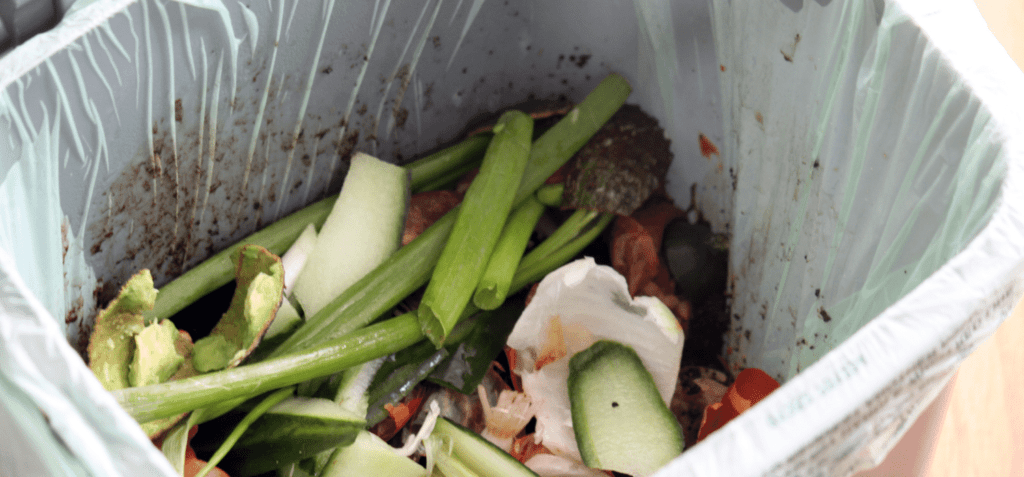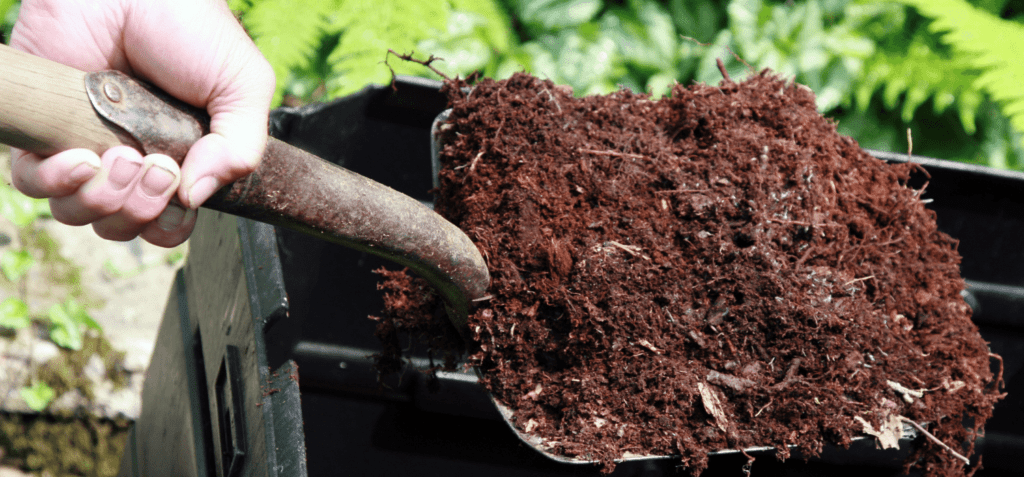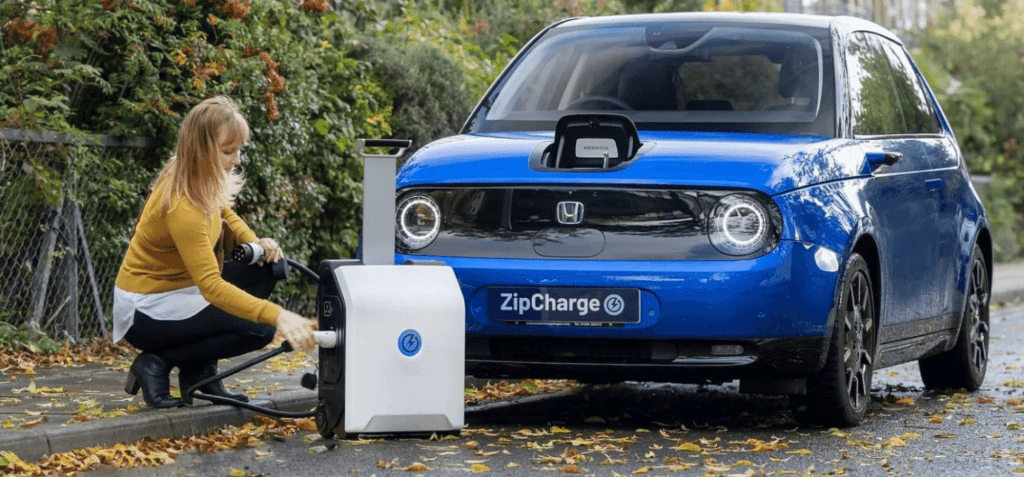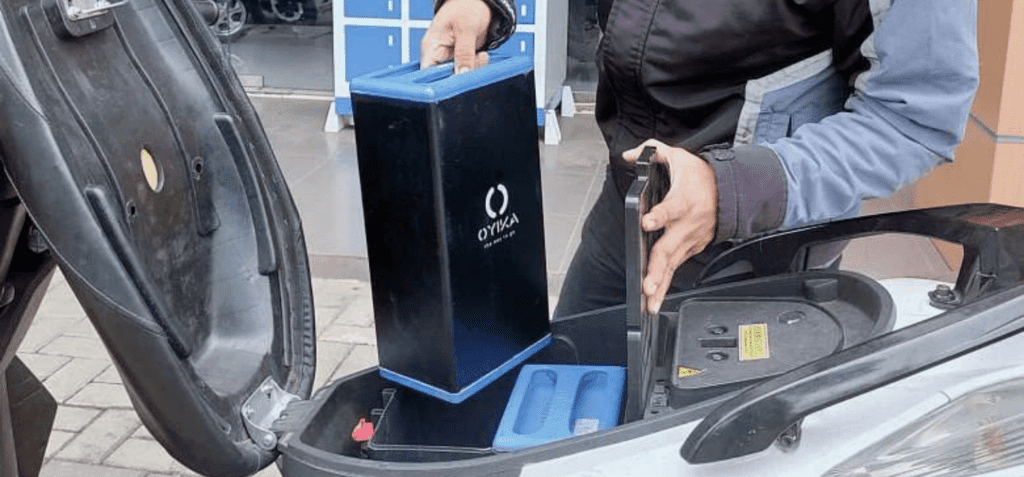Global innovation spotlight: Denmark – Springwise
Global innovation spotlight: Denmark
Global Innovation Spotlight
Reflecting our global Springwise readership, we explore the innovation landscape and freshest thinking from a new country each week. This week we are heading to Denmark…
Denmark Innovation Facts
Global Innovation Index ranking: 9th
Climate targets: Reduce emissions by 70 per cent in 2030 compared to 1990, carbon neutrality by 2050
Sustainability issues
Agricultural emissions – In a ‘business-as-usual’ scenario, Denmark’s agricultural sector will account for 15 million tonnes of greenhouse gas emissions by 2030. In response, the government has set ambitious emission reduction targets for the sector, and has earmarked €150 million to advance plant-based foods.
Greenwashing – Denmark is a sustainability leader, and 79 per cent of Danish people think that climate change is humanity’s biggest challenge. These green values have led companies to increasingly add environmental claims to their advertising. This has led to fears of greenwashing and plans for tighter regulation of green marketing.
Air pollution – Denmark scores comparatively well for air pollution compared to the majority of countries, yet air quality is nonetheless an issue. The country’s average air quality is 1.9 times the annual level set by the World Health Organization and approximately 6,000 Danes die from air pollution each year.
Sector specialisms
Hardware and IoT
Energy and environment
Ecommerce and retail
Source: StartupBlink
Three exciting innovations from Denmark

USING COMPUTER VISION TO MONITOR HOSPITAL WARDS
In countries such as the UK, health and social care workforce shortages are reaching crisis proportions. Each day brings a new report of staff shortages and their implications for patient care. While it can’t replace staff, a Danish health tech startup is developing technology to ensure staff are being deployed as efficiently as possible. The company, Teton.ai, has developed a system that uses computer vision to track patient movements and alert staff when patients are at risk of falling or need other types of assistance. Read more

EMPOWERING ALL COMPANIES TO PROCURE GREEN ENERGY
In this time of energy price rises, many businesses are finding their energy bills rocketing. Now, climate tech startup Reel is working to change the way businesses procure electricity by offering a way for companies to buy green electricity on commercially attractive terms. Reel’s solution is based on a type of renewable energy contract called a Power Purchase Agreement (PPA). Usually the preserve of large companies, Reel is making PPAs available to smaller businesses. Read more

CREATE-YOUR-OWN SOAP BRAND USES ALL ORGANIC INGREDIENTS AND MINIMAL PACKAGING
Created to reduce waste in the cosmetics industry, CustomiseMe soap uses all organic ingredients in its made-to-order production. The company reduces waste by producing orders individually by hand and by using recycled and recyclable materials in its shipping packaging. Soaps are made using the cold press technique which involves a four-week curing process. Read more
Words: Matthew Hempstead
To keep up with the latest innovations, sign up to our free newsletters or email info@springwise.com to get in touch.
8th September 2022





































